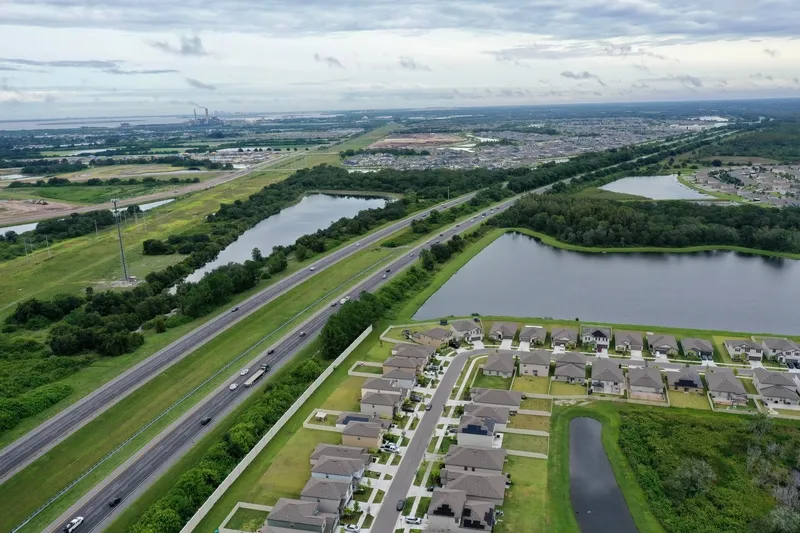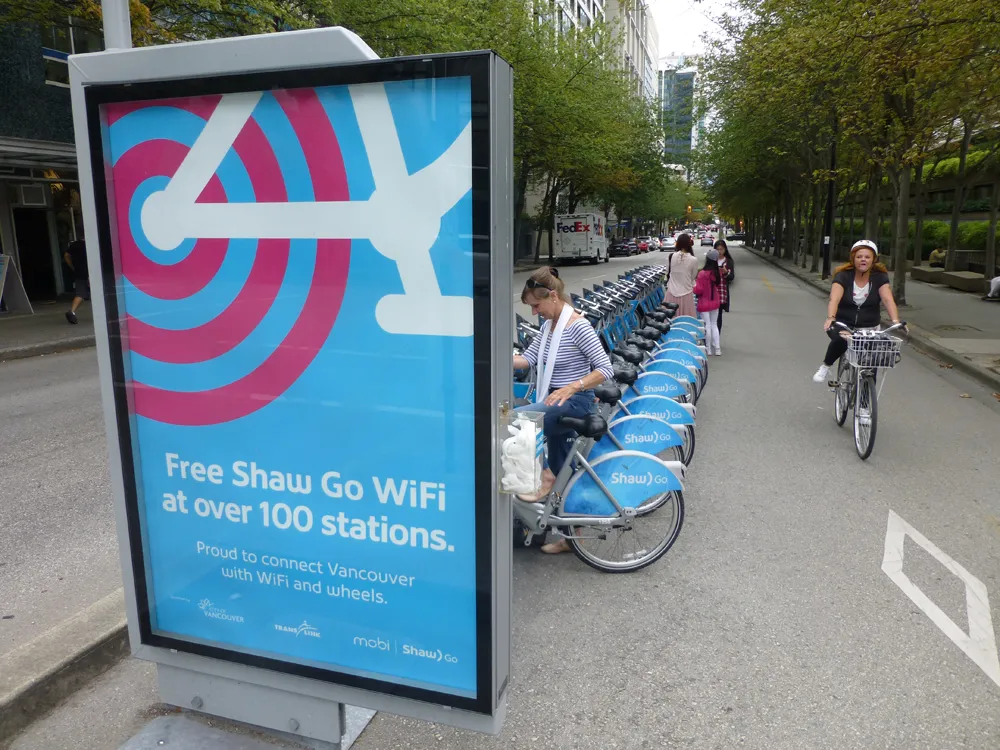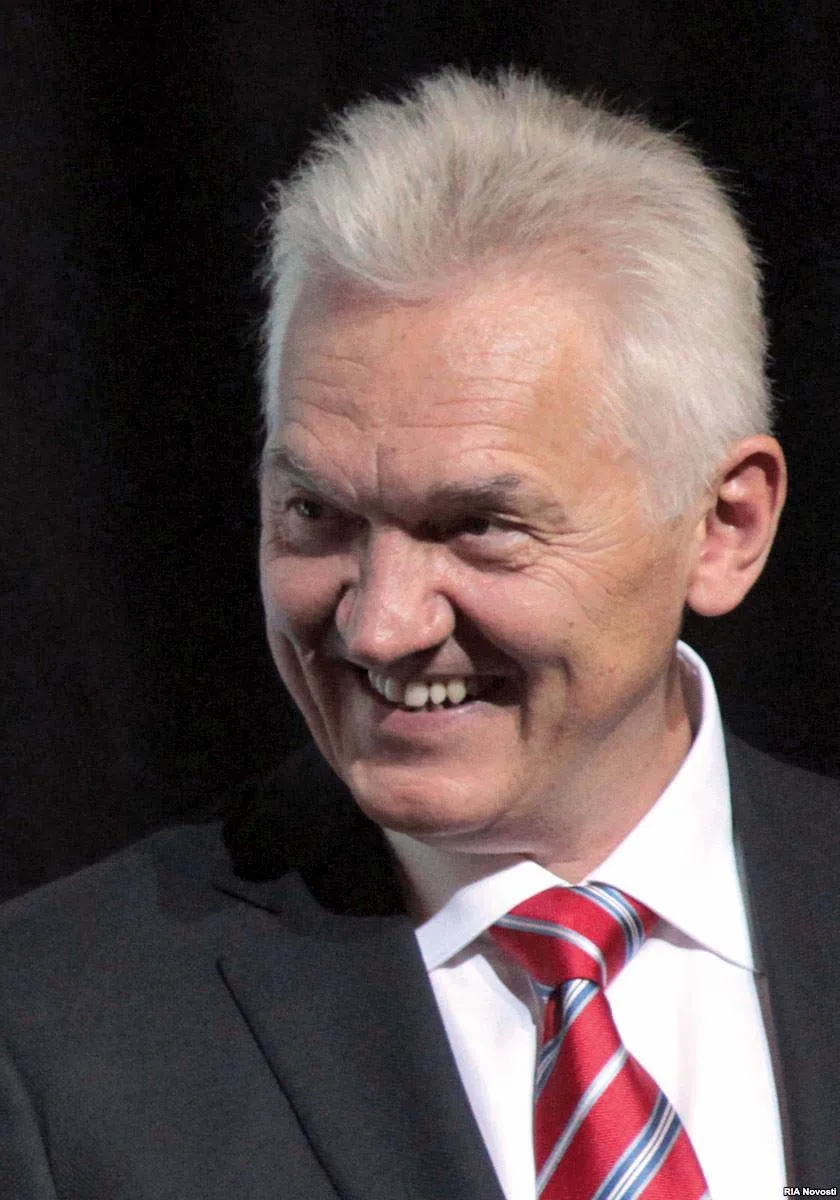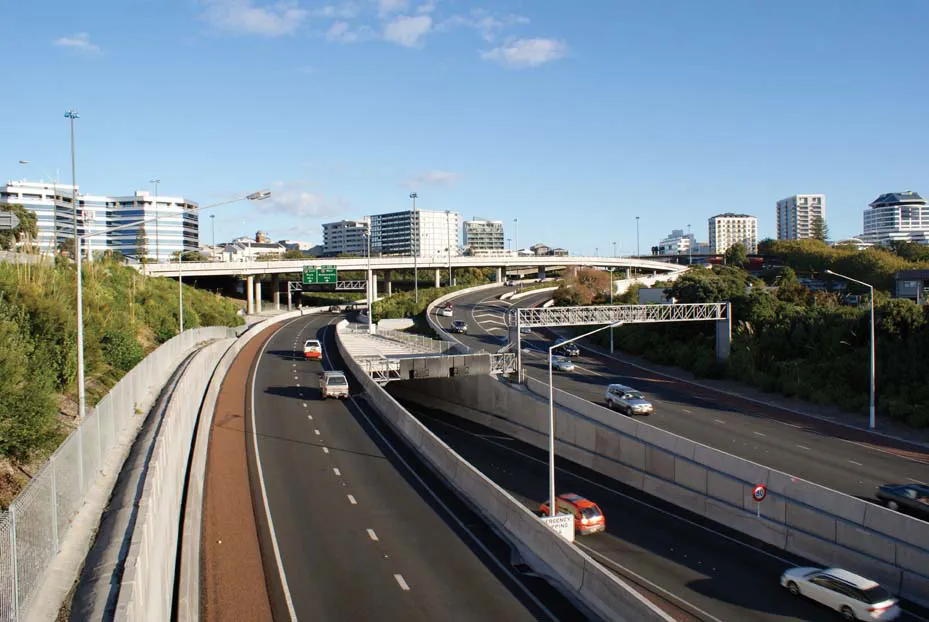
The US state of Texas has declared a US$148 billion investment in transportation infrastructure, an increase of $5.6 billion from the previous year.
The investment includes the adoption of a 10-year $104.2 billion transportation plan by the Texas Department of Transportation. The plan also incorporates over $43 billion for routine maintenance and development.
The Unified Transportation Programme, which is updated annually, authorises highway projects for construction and development. The programme targets primarily roadway segments listed on southern US state’s 100 most congested roadways.
Meanwhile, funding for the Texas Clear Lanes congestion-relief projects is projected to grow by $1.9 billion. Texas Clear Lanes is a statewide strategic plan to provide congestion relief through non-tolled roads and is focused on five major metro areas. Austin, Dallas, Fort Worth, Houston and San Antonio represent more than 65 percent of the state's population. It is estimated that by 2050, these metropolitan areas may comprise nearly 74 percent of the state population. They are also home to 92 of the “Top 100” most congested roadway segments in the state.
According to the state department of transportation, Texas' strong economy has generated unprecedented population growth., adding around 1,100 people daily. The result is that the average freeway traveller must allow almost twice the expected trip duration to ensure dependable arrival for time-sensitive responsibilities like medical appointments, daycare pickup, and airline flights. Instead of the 20 minutes needed in light traffic, it's best to plan a 34-minute trip.








